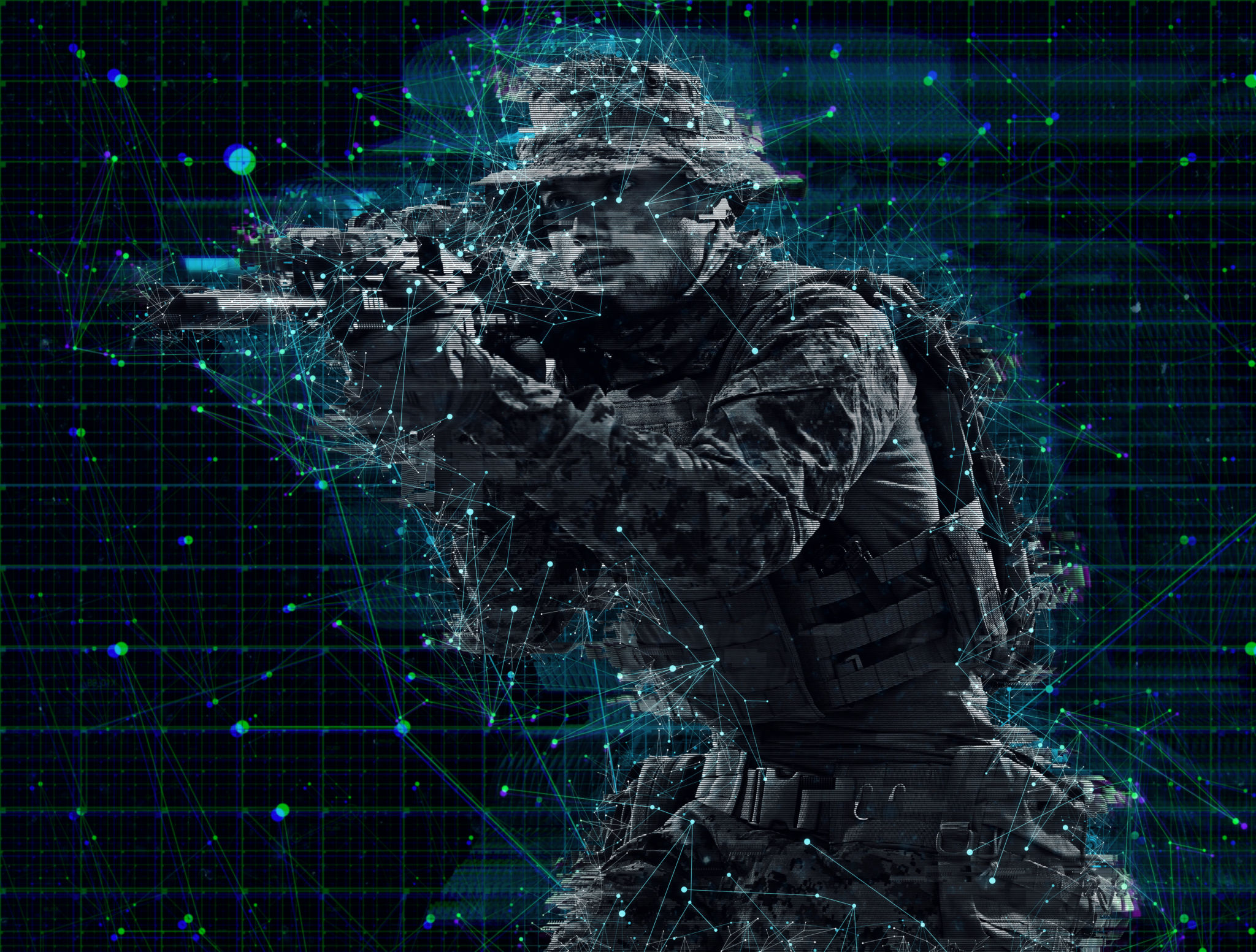Debunking Myths: The True Potential of AI in Defense and Infrastructure
Understanding the Role of AI in Defense
Artificial Intelligence (AI) has rapidly emerged as a transformative technology in various sectors. However, when it comes to its application in defense, several myths and misconceptions abound. Some believe that AI could lead to autonomous weapons taking over, while others fear the loss of human control. It is crucial to understand that AI's role in defense is primarily to enhance human capabilities, not replace them.
AI technologies can process vast amounts of data quickly and accurately, providing military personnel with actionable insights. This capability can significantly improve decision-making processes, ensuring better resource allocation and strategic planning. Moreover, AI's potential in defense stretches beyond weaponry, encompassing logistics, maintenance, and training.

AI's Potential in Infrastructure
In the realm of infrastructure, AI holds immense potential to revolutionize how we build and maintain our cities. From smart traffic management systems to predictive maintenance of bridges and roads, AI can contribute to more efficient and sustainable urban environments. By analyzing data from various sources, AI systems can predict wear and tear on infrastructure, allowing for timely repairs and reducing the risk of catastrophic failures.
Additionally, AI can optimize energy consumption in buildings, leading to significant cost savings and reduced environmental impact. These systems can learn from patterns of use and adjust heating, cooling, and lighting in real-time to maintain optimal conditions while conserving resources.

Addressing Concerns and Ethical Considerations
Despite its potential, AI in defense and infrastructure does raise ethical concerns. The fear of losing jobs to automation or the possibility of AI systems making life-and-death decisions are valid points that need addressing. However, it is important to note that AI is designed to work alongside humans, not replace them. In defense, for instance, autonomous systems are supervised by human operators who make the final decisions.
Moreover, ensuring transparency in AI systems and establishing strict ethical guidelines can help mitigate these concerns. By fostering collaboration between technologists, policymakers, and ethicists, we can develop AI applications that prioritize human safety and well-being.

Dispelling Myths About AI Development
Another common misconception about AI is that it is a fully autonomous technology that requires no human intervention once deployed. In reality, AI systems require constant updates, monitoring, and maintenance to function optimally. Human expertise is essential in developing algorithms and interpreting AI-generated insights.
Furthermore, the notion that AI will lead to widespread job displacement overlooks the potential for new job creation. As AI takes over repetitive tasks, human workers can focus on more complex and creative aspects of their jobs, leading to a more skilled workforce overall.
The Collaborative Future of AI
Looking ahead, the future of AI in defense and infrastructure is one of collaboration. Governments and private sectors must work together to harness the full potential of AI while addressing any challenges that arise. By doing so, we can ensure that AI serves as a powerful tool for enhancing security and improving infrastructure without compromising ethical standards.
As we move forward, continuous dialogue between stakeholders will be essential in shaping a future where AI contributes positively to society. Embracing this technology with an open mind and a commitment to ethical practices will pave the way for a more secure and efficient world.

